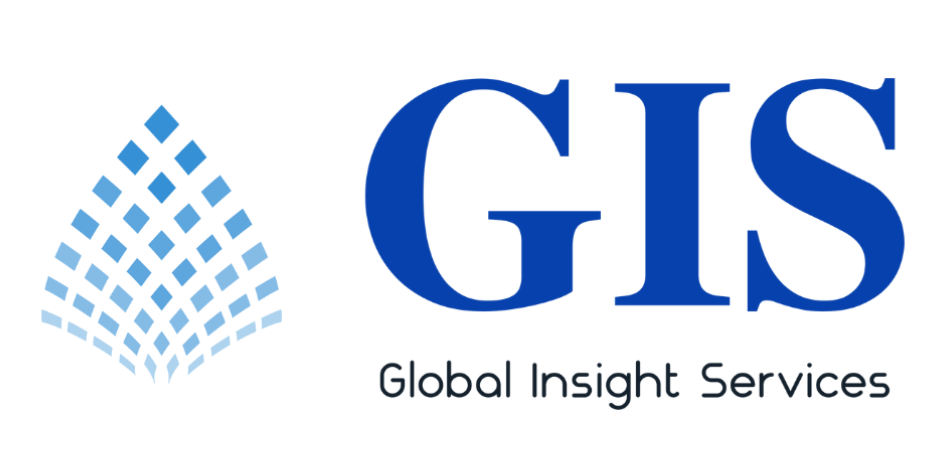AI in Drug Discovery Market : The pharmaceutical industry is on the brink of a technological revolution, and at the heart of this transformation lies Artificial Intelligence (AI). AI in drug discovery has become a powerful tool, offering innovative solutions to longstanding challenges in the development of new medications. In this article, we will explore the dynamic landscape of AI in drug discovery, highlighting key trends, breakthroughs, and the profound impact it is having on the pharmaceutical research ecosystem.
AI in Drug Discovery: A Paradigm Shift
The use of AI in drug discovery has garnered significant attention and investment, thanks to its potential to accelerate the drug development process, reduce costs, and improve the success rate of bringing new drugs to market. The global AI in drug discovery market is estimated to reach $3.5 billion by 2026, reflecting its rapid growth and adoption.
Key Trends Driving AI in Drug Discovery:
-
- Big Data Integration: The pharmaceutical industry generates vast amounts of data. AI algorithms are now capable of analyzing this data to identify potential drug candidates and predict their efficacy.
- Machine Learning Algorithms: AI-driven machine learning models can analyze molecular structures, predict binding affinities, and generate novel chemical compounds for drug candidates.
- Target Identification: AI aids in the identification of potential drug targets by analyzing genetic and omics data, expediting the discovery of new therapeutic pathways.
- Clinical Trial Optimization: AI optimizes clinical trial design, patient recruitment, and data analysis, reducing trial costs and time-to-market.
- Drug Repurposing: AI algorithms can sift through existing drugs to identify potential new uses, expediting the discovery of treatments for various diseases.
- Collaboration and Partnerships: Pharmaceutical companies are increasingly collaborating with AI startups and research institutions to leverage AI-driven solutions.
Breakthroughs in AI-Driven Drug Discovery:
-
- Efficient Molecule Design: AI algorithms can predict the properties of chemical compounds, enabling the design of molecules with desired therapeutic characteristics.
- Personalized Medicine: AI analyzes patient data to identify individuals who are most likely to benefit from specific drugs, enabling targeted therapies.
- Rare Disease Research: AI accelerates research into rare diseases by identifying potential drug candidates based on limited available data.
- Biological Insights: AI-driven analysis of biological data unveils novel disease mechanisms and drug targets.
Challenges and Future Prospects
While AI in drug discovery holds tremendous promise, it faces several challenges:
-
- Data Quality: The accuracy and reliability of AI models depend on the quality of the data used. Noisy or biased data can lead to incorrect predictions.
- Regulatory Hurdles: Integrating AI into the regulatory framework for drug approval and safety assessment is a complex process.
- Interdisciplinary Collaboration: Effective use of AI in drug discovery requires collaboration between computer scientists, biologists, chemists, and clinicians.
- Ethical Considerations: Ethical issues related to data privacy, algorithm transparency, and the impact of AI on employment in the pharmaceutical industry must be addressed.
The future of AI in drug discovery is filled with potential:
-
- Drug Combinations: AI will help identify optimal drug combinations for complex diseases like cancer, improving treatment efficacy.
- Continuous Learning: AI algorithms will continually learn and adapt, becoming more effective at predicting drug candidates and patient responses.
- Rare Disease Focus: AI will play a pivotal role in accelerating research and development for rare diseases with limited available data.
- Patient-Centric Approaches: AI will enable the development of personalized treatment plans based on a patient’s unique genetic makeup and medical history.
AI in drug discovery represents a transformative force in the pharmaceutical industry, revolutionizing the way new medications are developed and brought to market. As AI algorithms continue to evolve, driven by big data, machine learning, and interdisciplinary collaboration, they hold the potential to address some of the most pressing challenges in healthcare. However, addressing issues related to data quality, regulation, and ethics will be crucial to fully realize the benefits of AI in drug discovery. In an era where precision medicine and rapid drug development are paramount, AI is reshaping the pharmaceutical landscape, offering new hope for patients and researchers alike.
Download Free PDF Sample Report : https://www.globalinsightservices.com/request-sample/GIS24723

